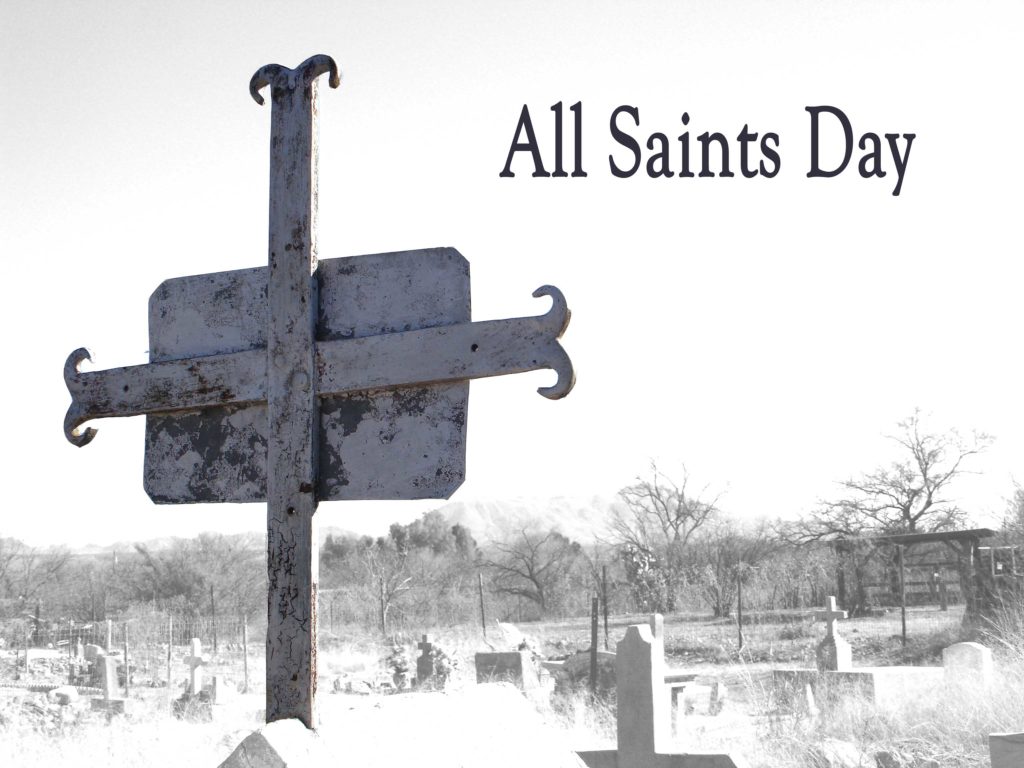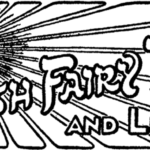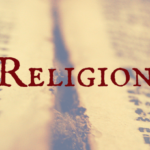A Notable Lack
A notable lack in speculative fiction, and one that cuts across the divide between Christian and secular, is that of genuine, fully-realized religion. There may be religious belief and religious feeling; in Christian speculative fiction, there usually is. There may be scraps of religion – vague expressions of faith, a benevolent priest, a fanatic, a cross or a stray invocation of the gods. But genuine religion – religion that possesses a structure, doctrines, holidays, customs, stories and rules, and all the physical artifacts from temples to jewelry? That is rare.
This lack is hardly crippling. Great speculative fiction may exist without practical religion and even be deeply spiritual. Lord of the Rings and Chronicles of Narnia exhibit little of religion as it is practiced in actual life and possess spiritual depths rarely matched. Complete religion isn’t necessary. But its scarcity in our novels is a loss.

You may ask, Why Snoopy? And I answer: The other images Google gave me were too ugly.
To gain an idea of the loss, let us consider Halloween, because ’tis the season. There are surely people in this great nation whose favorite holiday is Halloween, and I frankly worry about these people. At best, it’s a half-holiday. There is a version of Halloween for children, and a version for adults, but no version for everyone. As a popular holiday, it makes no pretense of religion or meaning; it has no songs and most Halloween stories could be told without Halloween and probably would be.
And out of even this poor half-holiday you could dig a tale that teaches us who we are. The origin of Halloween is taken to be Samhain, the Celtic holiday that marked the journey of the dead into the otherworld. Ghosts were near on Samhain, too near for anyone’s comfort. The inhuman, both demons and fairies, were also believed to be abroad with power, perhaps because the journey from this world to the next suggested a general weakening of boundaries. A spiritual anarchy hangs about the whole day, and to the extent that there was real belief there must have been real fear.
The Catholic Church later established All Saints Day and All Souls Day, days that commemorate the dead without fear of the dead, or horror of death. It’s long been said – very plausibly, though I admit I don’t know on what evidence – that the  Catholic Church did this to replace Samhain. And Samhain did fade away, leaving only vestiges of customs and superstition where powerful belief once ruled. Yet All Saints Day and All Souls Day never replaced it. These are just days on the church calendar, occasionally observed but never celebrated.
Catholic Church did this to replace Samhain. And Samhain did fade away, leaving only vestiges of customs and superstition where powerful belief once ruled. Yet All Saints Day and All Souls Day never replaced it. These are just days on the church calendar, occasionally observed but never celebrated.
Much can be gleaned from the history of Halloween – the revolution of a civilization changing from one religion to another, humanity’s elemental horror of the dead who do not stay properly dead, the dread of the inhuman, the evolution and mixing of beliefs and practices. It is strange that, although many people believe the saints are happy in heaven and few think ghosts travel on Halloween, Halloween has so much greater a presence than All Saints Day. An empty holiday with concrete practices has more power than a holy day with abstract joy, and we see how instinctively humanity demands, and perhaps even needs, physical expression of spiritual things.
What can be illustrated through a holiday – from the history of a civilization to religious beliefs to fundamental human nature – is extraordinary. Holidays, and all the expressions of a whole and genuine religion, offer a wide and rich opportunity to speculative fiction authors. I don’t demand that they take it, but – well, would you consider it?









































Lars Walker’s series “The Erling Skjalgsson Saga” (The Year of the Warrior, West Oversea, and Hailstone Mountain) presents a well-formed Christian religion. It is set in the Viking era during the Christianization period.
The narrator is a priest, and much of the story follows the ebbs and flows of church life.
Other than this series I was having a hard time coming up with anything else.
The Deryni novels of Katherine Kurtz are fantasy set in a medieval time, with something very like the Catholic church of that time, and church beliefs, practices, and rituals playing an important part. Most or all chapters begin with a quotation from the Bible. See https://en.wikipedia.org/wiki/Deryni_novels
Lois McMaster Bujold’s Chalion novels have a strong religious aspect. There are five gods, priests, and, occasionally, even actual communication with one or the other of the gods. See here for a short review which picks up on the religious aspect: https://www.worldswithoutend.com/novel.asp?ID=64
See also this dictionary (or glossary) of Bujold’s books, which demonstrates the importance of religion: http://www.dendarii.com/dict-chalion.html
Thanks for your post.
Excellent point! Not many spec-faith books include religion as a fully fleshed out aspect of the worldbuilding. Definitely an aspect to which I want to devote more time.
I have a half-formed theory that Halloween is basically an autumn Mardi Gras. Seems to follow the theme of the populace stealing a festival back from a Catholic holy day.
Karen Hancock’s Legend of the Guardian-King series has a rather well-formed religion, and an opposition religion as well. And Patrick Carr’s first series—the title eludes me right now—also had a structured religion. I believe the second series does, too. Then there was the story with the four different priesthoods–identified by the colors of their robes. That was a young adult series some time ago by . . . D. Barkley Briggs. I forget the title of the series.
So there are some few that do include a well-formed religion, but not many. I wonder if this is because our own lives are so secularized, we don’t miss a religious component in the society we build.
Becky
“I wonder if this is because our own lives are so secularized, we don’t miss a religious component in the society we build.” You’re probably on to something there.
If I can ever get back to writing on it, my Exile series has a strong religious component. The Legends of Astarkand series also follows Bjorn as he returns Astarkand to the worship of God, rebuilds the churches and restores the priesthood, but–I can’t really afford to write at this time, so–